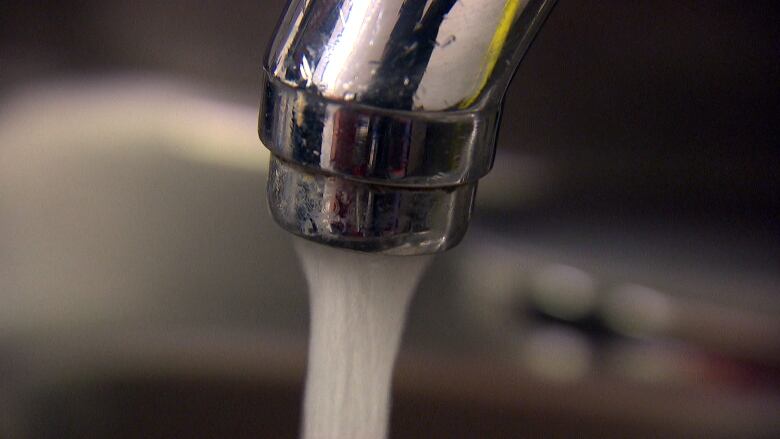Calgary city council votes to consider 'accelerated removal' of lead pipes
City of Calgary has identified at least 550 homes connected to lead pipes

City council will examinethe accelerated removal of lead water pipes in Calgary.
The proposal, pitched by Coun. Druh Farrel and Coun. Jeromy Farkasin a notice of motion at Tuesday's council meeting, passed unanimously.
City administrators will report back to council by the end of the first quarter of 2020 with estimated costs and funding options for the removal of lead water pipes on both public and private properties.
The motion also instructs administration to look for opportunities for collaboration and cost sharing with private property owners and the Alberta government.
It has been estimated that replacing public lead pipes would cost the city $11 million.
Public and private
Currently, if lead is found in a home, the city will physically verify whether the lead piping is on the public or private side. If it's just the city's side, it will get replaced, but if it's on both, then the citycontacts the homeowner to see if they're willing to pay for their side's replacement which averages $10,000 to $20,000.
Farkas said he'll be advocating that the city take on the financial responsibility for replacing both public and private pipes, since safe drinking water is so important.
"When I take a look at the city's very large budget, I think that this is an area that we can prioritize," he said.
According to Russ Dueck, a senior infrastructure planning engineer with water resources with the city, there are about 550 homes in Calgary that have lead pipes on the public side.The city said the homes with lead pipes aren't confined to any particular neighbourhood in the city.
Dueck said most of those homes were built between 1939 and 1947, and lead was used because of copper shortages due to Second World War efforts.
New guidelines
In March, Health Canada updated its guidelines for lead in drinking water to reduce the maximum safe concentration to five parts per billion.
According to the agency, while lead can cause cancer, the more worrying effect isits induced toxicity in the blood which has been shown through studies to reduce IQ in children and cause adverse cognitive and behavioural effects, as well as increased blood pressure and renal disfunction in adults.
Corrections
- An earlier version of this story incorrectly said the notice of motion was co-sponsored by Coun. Evan Woolley. In fact, Coun. Jeromy Farkas was the co-sponsor.Dec 19, 2019 12:33 PM MT












_(720p).jpg)


 OFFICIAL HD MUSIC VIDEO.jpg)
.jpg)



























































































